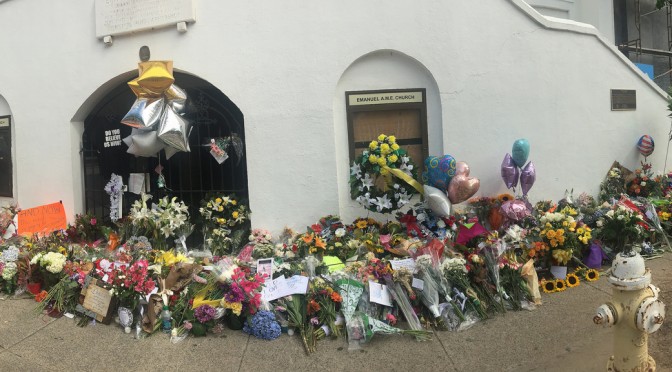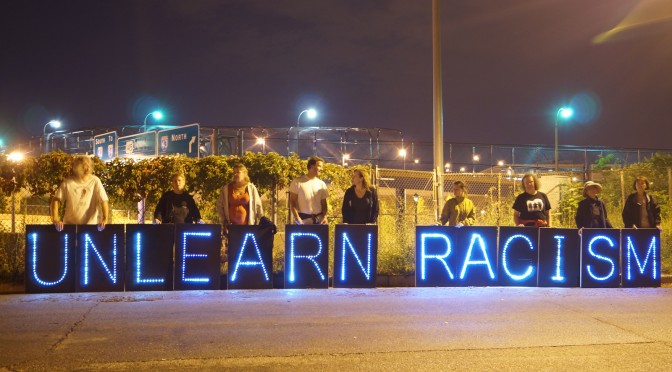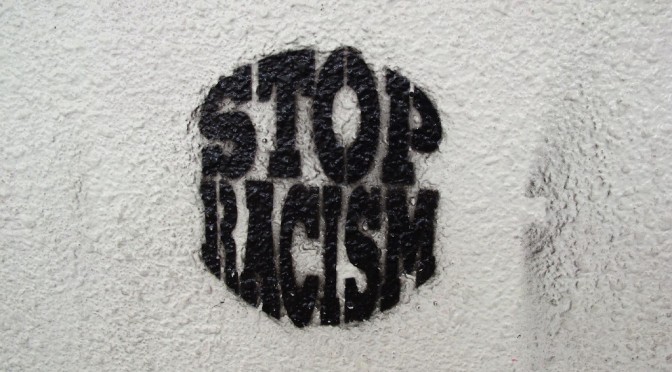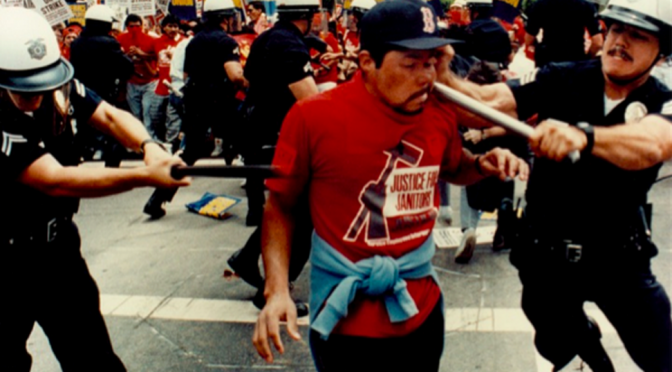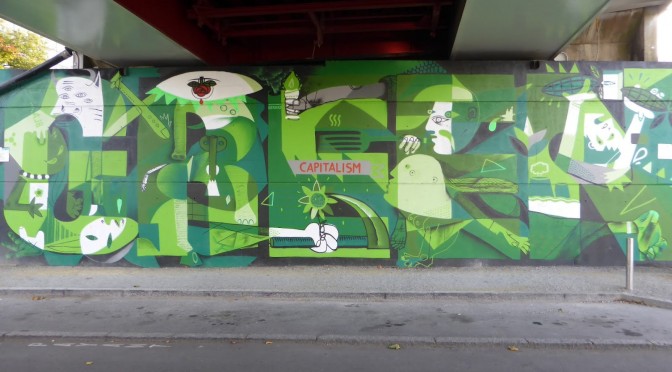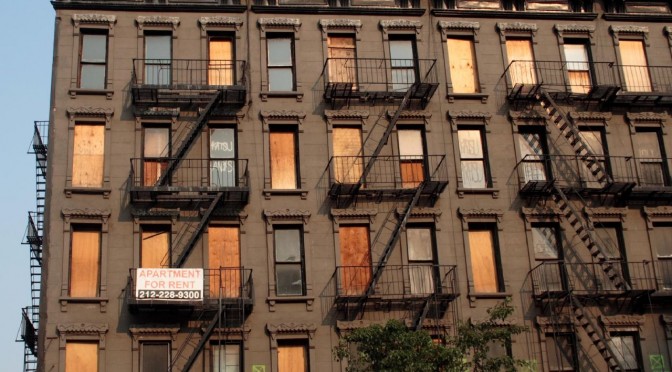How can institutions of higher education spread critical understanding of and context for significant current events? How can we use social media to become more conscious about race, about our history, and about how to be better activists, allies and participants in the civic sphere?
#CharlestonSyllabus is the Twitter hashtag started by Chad Williams, Associate Professor of African and African-American studies at Brandeis University, in the wake of the recent tragedy in Charleston, SC. Prof. Williams sought to use the hashtag to aggregate “historical knowledge that frames contemporary racial violence and its deep roots,” inspired by the #FergusonSyllabus hashtag from last summer. From an interview with Prof. Williams by Stacey Patton at the Chronicle of Higher Ed:
Q. Where is the #CharlestonSyllabus hosted, and what kind of measurable response have you seen so far?
A. It’s on the African American Intellectual History Society’s website. Since Saturday, when it went up, it’s had over 55,000 views, averaging 900 an hour. It’s gotten almost 20,000 likes on Facebook, 13,000 mentions and 28,000 engagements on Twitter. We’ve had a few trolls who’ve tried to hijack the thread with rants about how the Confederate flag is not a racist symbol but a source of Southern heritage and pride. But over all, the response has been overwhelmingly positive. By Sunday we had about 10,000 suggestions of books, articles, and other documents.
Continue reading #CharlestonSyllabus Brings Context to Tragedy

